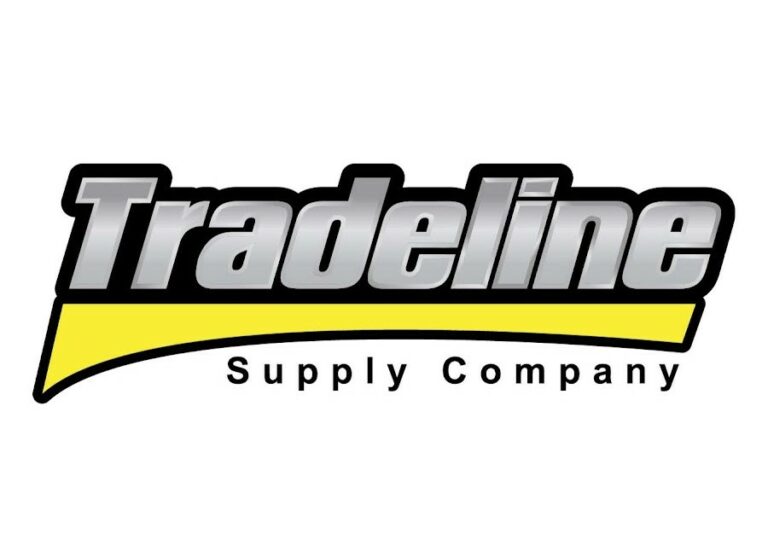

Chime is a financial technology company that offers personal banking services through a user-friendly mobile platform. While it offers banking features similar to traditional banks, it is not a bank. Instead, it partners with FDIC-insured institutions: The Bancorp Bank and Stride Bank. This partnership ensures account holders receive the same level of deposit insurance as they would with a traditional

A business bank account is a financial account used to manage a company’s funds. Unlike a personal checking account, a business account separates personal and professional finances, essential for accurate recordkeeping, tax reporting, and liability protection.
ChexSystems is a consumer reporting agency governed by the Fair Credit Reporting Act. It collects data on closed bank accounts, unpaid overdraft fees,

Cash-back business credit cards are tailored explicitly for business owners. They offer a smart and straightforward rewards-earning solution for all your business basics. These cards give cash back on eligible business purchases, helping business owners save money and reinvest in their businesses. Cash-back rewards are different from traditional rewards cards. Most importantly, they keep it simple, delivering businesses a clear-cut

LegalZoom, Incfile, and ZenBusiness are three top providers of business formation and management services designed to assist entrepreneurs with their ventures. Each platform simplifies tasks such as LLC formation, business compliance management, and more to help you build and manage your business. Though they’re all similar at their core, their features, pricing, and additional offerings vary greatly.

Tradeline Supply Company LLC, founded in 2017 and based in San Diego, California, has established itself as a trusted marketplace for buying and selling authorized user tradelines. The company’s mission is to help individuals improve their credit scores by offering a variety of tradelines for purchase.
With a user-friendly online platform, customers can browse available tradelines and choose the

Businesses that traditional lenders perceive as “high risk” still have options to get the funding they need. However, you will have to pay more for it, and missing payments could exasperate the issues that made your business high risk to begin with.
That doesn’t mean you shouldn’t pursue these loans as a last resort, though. Instead, it means if you

Business owners that need quick funding to support a short-term project or goal could consider hard money loans if other options aren’t available. But you should know the risks involved and vet the hard money lender as much as possible before agreeing to loan terms.
The increased interest rates, using the property as collateral, and looser regulations for hard money

Many alternative lending options make the process of obtaining funding for your business much easier than traditional loans. You can typically count on a quick and simple streamlined application, fast decisions on approval, and getting your money within a few business days.
While there’s a lot to like about easy business loans (who doesn’t like easy?), the convenience and brevity

Business loan brokers with the proper training and a strong work ethic can be their own bosses while making six figures a year. You will often need more networking than other businesses because so much of what you do is relationship management.

One way of looking at ABL and cash flow loans is how lenders perceive you and your business. ABL lenders look at what your business has done and the overall equity of your company – what you can pledge as collateral is the asset. Cash flow lenders also look at what you’ve done, but with an eye towards your future
Fraud Disclosure:
Please be aware that individuals have been fraudulently misrepresenting to business owners (and others) that United Capital Source, Inc. (“UCS”) can assist small businesses in receiving government grants and other forgivable business loans, when in fact those grants or loans do not exist or are not available. These individuals have ulterior motives and are engaging in the unauthorized use of the names, trademarks, domain names, and logos of UCS in an attempt to commit fraud upon unsuspecting small business owners.
UCS will never communicate with a prospective client on Facebook, Facebook Messenger, or any other type of social media. Further, any email communications will always come from an official UCS email address and not a Gmail, Yahoo, or other email domain. If you believe you have been contacted by someone posing as an employee of UCS, please email [email protected].